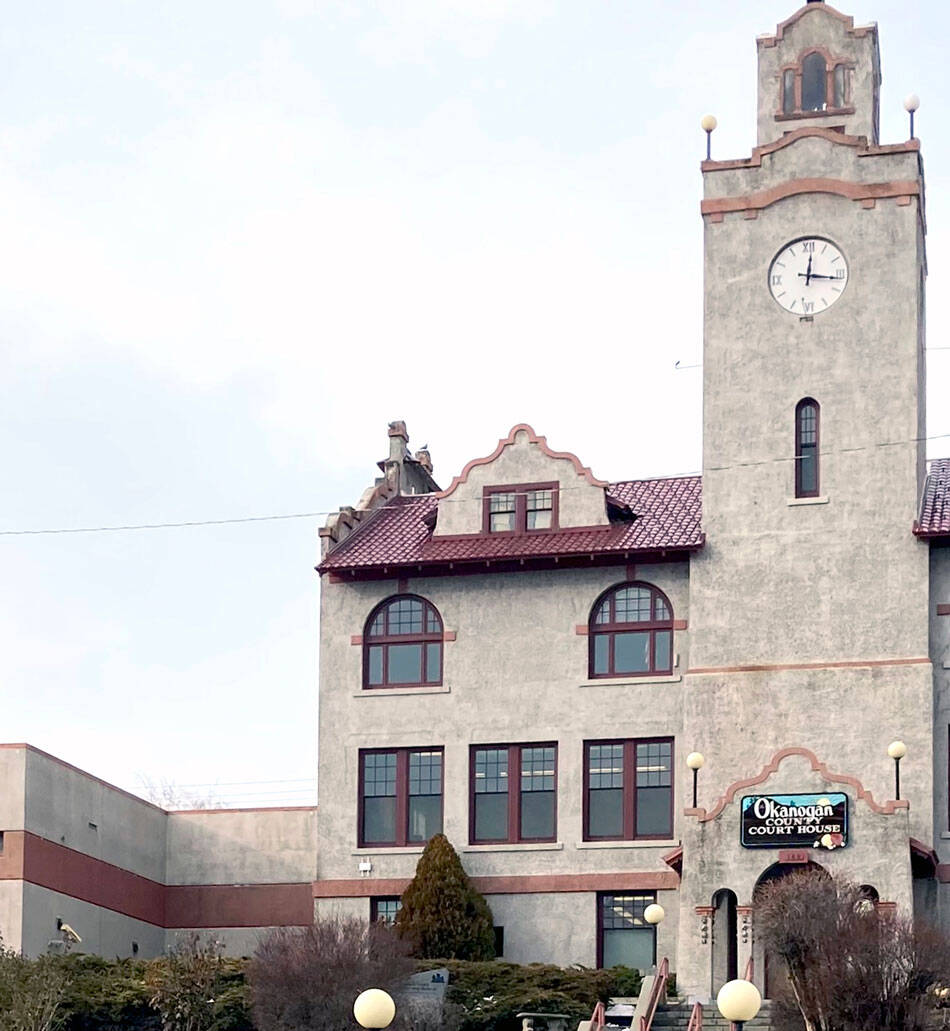By Randy Bracht | The Center Square
(The Center Square) – A new lawsuit alleges Washington state has long failed to adequately fund its 39 counties in providing legal counsel to criminal defendants who can’t afford to hire their own attorneys.
The lawsuit was filed Friday in Thurston County Superior Court by the Washington State Association of Counties and Lincoln, Pacific and Yakima counties individually.
The plaintiffs contend that Washington’s current trial court indigent defense system violates both state and U.S. constitutions, and they’re seeking an injunction requiring the state to provide “stable, dependable, and regular … funding” to all counties for such services.
In a press statement Friday, Spokane County Commissioner and WSAC President Mary Kuney said the counties “had no choice but to file a lawsuit.”
“Counties have asked the Legislature many times over the past 30 years to correct this systematic failure in our justice system,” said Kuney.
Even though criminal cases are filed on behalf of the state, the vast majority are prosecuted, defended – and paid for – by the county where the crime occurs. For more complex or prolonged cases, such as homicides, the budget costs can be staggering.
Collectively, said Kuney, the counties pay nearly 97 percent of indigent defense costs in trial courts – more than $174 million annually – while the state’s remaining share is less than $6 million. That’s a far cry from the majority of U.S. states which fund at least 50% of such costs, allege the plaintiffs.
In the absence of legislative action, counties in Washington are now turning to the courts for resolution of the funding inequity, the 37-page lawsuit says.
No response has yet been filed by the Washington Attorney General’s Office, which represents the state, and no hearings are immediately scheduled. Neither the AG’s Office or the state Legislature’s Senate and House Law & Justice Committee chairs, Sen. Manka Dhingra and Rep. Roger Goodman, replied earlier Monday to emails from The Center Square seeking comment.
Lisa Janicki, a Skagit County commissioner and WSAC first vice president, said the counties “are very open to discuss and find a solution outside of litigation.” But, she said, “the Legislature has simply not responded at all to counties’ requests for a meaningful increase in the state’s contribution to constitutionally guaranteed indigent defense.”
Pacific County Commissioner Lisa Olsen echoed that, saying, “While the state may delegate this function to counties, it cannot do so without the funding necessary to effectively meet this constitutional obligation.”
Indigent defense services vary among Washington’s counties, but they generally consist of either an in-house public defense office or contractual agreements between counties and non-profit agencies or private law firms and attorneys who charge a fee.
There are multiple factors driving up costs for those services, which increased by over 65% between 2012 and 2021, say county officials. They are spending more to recruit attorneys willing to serve as public defenders. The COVID-19 pandemic created a backlog of cases which now need to be addressed. In 2012, the Washington Supreme Court imposed rules which limit how many cases a public defender can handle at a given time. And, to provide effective assistance of counsel, attorneys in some cases may now need to perform more labor-intensive tasks such as reviewing police camera footage or cell phone data, requesting forensic analysis of physical evidence, and seeking out expert witnesses – all of which add to time and cost.
Earlier this year, there were news reports from Benton County to Whatcom County about defendants sitting in jail for days or weeks at a time without representation due to a lack of public defense attorneys. By law, incarcerated individuals are entitled to a trial within 60 days of being charged with a crime, or 90 days for defendants who are free from custody. A judge can dismiss the charges against them unless there is an agreement with prosecutors – a “speedy trial” waiver – to continue a trial date.
WSAC Executive Director Eric Johnson said “wide disparities” exist between counties in their ability to pay indigent defense costs, resulting in inequities across the state.
“… Justice should not depend on the budget of the jurisdiction in which charges are brought. The right to effective counsel should not vary from county to county because of funding,” said the WSAC group, which contends the state should provide a uniform system similar to its obligation to pay for basic education in Washington’s public schools.
The Pacific Law Group of Seattle is representing the three individual counties and WSAC, a non-profit association formed in 1906 that serves all 39 Washington counties.







